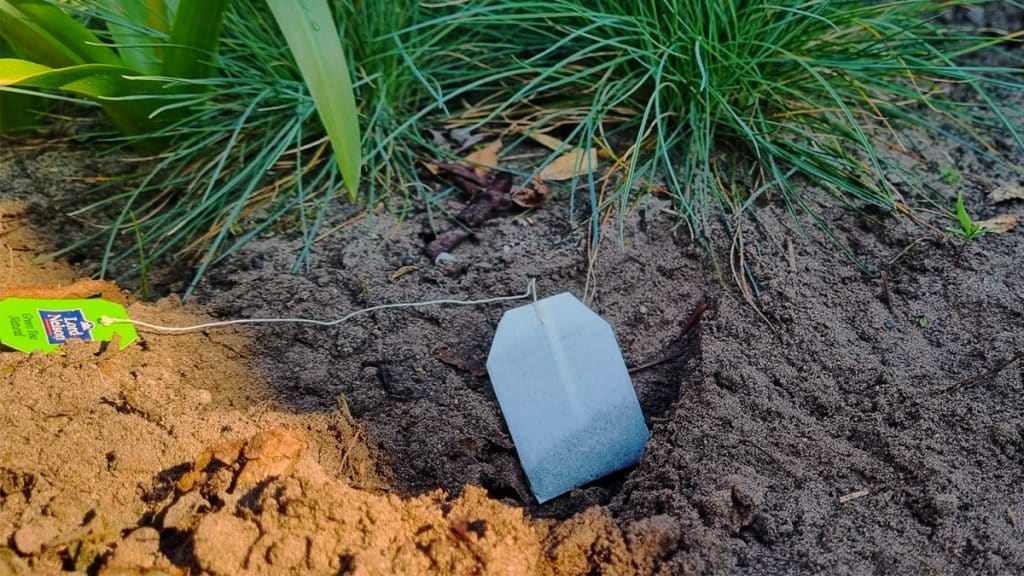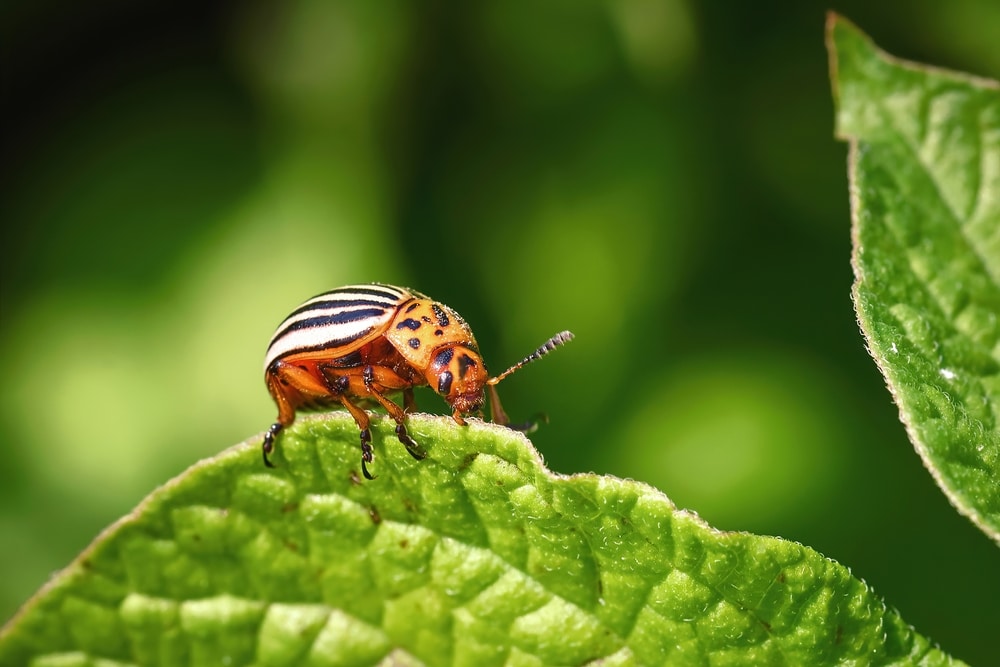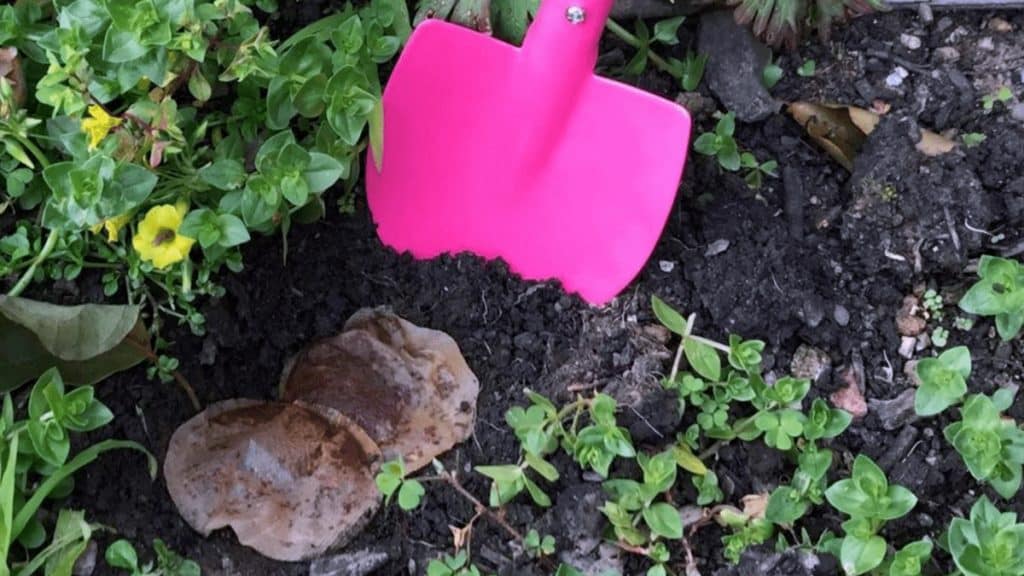We all love a comforting cup of tea, but did you know that your garden could benefit from those leftover tea bags too? If you’re enjoying your favorite brew right now, don’t toss that used tea bag just yet! Using tea bags for plants is a simple, eco-friendly gardening hack that can enhance soil health, boost plant growth, and even help keep pests at bay. Let’s explore how this easy trick can work wonders for your garden!
How Do Tea Bags Benefit Plants?
If you’re wondering how a simple tea bag can make such a difference, the answer lies in the natural properties of tea itself. Many teas contain essential nutrients like nitrogen, potassium, and phosphorus, which are crucial for healthy plant growth. When you place a used tea bag in the soil, it begins to decompose, slowly releasing these nutrients and enriching the soil in a way that’s gentle yet effective. But tea bags don’t stop at nourishing your plants; they also have a unique structure that aids moisture retention, helping to keep roots hydrated over time.
On top of that, tea leaves are slightly acidic, which can be beneficial for plants that thrive in more acidic soil, such as roses, tomatoes, and blueberries. This means that used tea bags can subtly adjust the pH levels in your soil, creating an environment that’s better suited to certain plant types. However, they are gentle enough that they won’t dramatically alter soil pH, making them a versatile addition to a wide range of garden beds and potted plants.
Another fascinating aspect of using tea bags for plants is their ability to deter pests. The natural compounds found in many teas, such as tannins, act as a mild repellent for various pests, including ants and slugs. Additionally, tea bags promote a healthier garden ecosystem by supporting beneficial organisms like earthworms. As tea bags decompose, they create a more hospitable environment for earthworms, which are known to aerate the soil and further enhance nutrient absorption for your plants.
By reusing tea bags in this way, you’re not only benefiting your garden but also reducing waste and practicing sustainable gardening. It’s a small, effortless step that yields long-lasting results, proving that even the simplest items in your daily life can be repurposed to create something beautiful and sustainable in your garden.
1. Nourish Your Soil
Using tea bags for plants can be a simple yet effective way to nourish your soil naturally. As tea leaves decompose, they release essential nutrients such as nitrogen, which promotes lush, healthy foliage. The tea bag material itself can also improve soil structure by increasing organic matter, especially in sandy or nutrient-poor soils.
This added organic material encourages beneficial bacteria and earthworms to thrive, enhancing the overall soil ecosystem. By enriching the soil in this way, tea bags make an ideal addition for plants that need a steady nutrient supply, such as roses, tomatoes, and other heavy feeders. Just make sure to check that your tea bags are biodegradable to avoid leaving synthetic materials in your garden.

2. Retain Moisture
Tea bags can help plants retain moisture, making them particularly beneficial in drier climates or for plants prone to dehydration. When you bury a used tea bag in the soil, it acts as a mini moisture-retention agent, holding water that’s gradually released back into the soil as it dries.
This moisture-conserving quality reduces the frequency of watering, which is especially helpful during hot summer months. Moreover, tea bags can be layered under mulch or mixed into potting soil to improve water retention for container plants, keeping roots hydrated for longer periods. Over time, this practice can also save water and help sustain plant growth, especially during droughts or water restrictions.
3. Keep Pests Away
Many people don’t realize that used tea bags can also help keep pests away from your garden. The scent of certain teas, such as peppermint or chamomile, is known to repel common garden pests like ants, slugs, and even rodents. When you bury these tea bags around your plants, the residual aroma acts as a natural deterrent, reducing the need for chemical pesticides.
Additionally, the tannins in tea can make the soil slightly acidic, which certain pests dislike. For an added effect, consider sprinkling tea leaves from the bags around the base of your plants as a barrier. This eco-friendly method of pest control helps maintain a balanced garden ecosystem, keeping plants safe without harming beneficial insects like bees or ladybugs.

4. Enhance Compost Quality
Adding tea bags to your compost can enhance its nutrient profile and speed up decomposition. The tea leaves contain nutrients that break down faster than larger organic materials, boosting the compost’s nitrogen levels. The tannic acid in tea also encourages organic matter in the compost to decompose more efficiently, which is especially useful for gardeners who maintain compost bins.
By breaking down easily, tea bags help create a fine, rich compost that’s ready to use sooner than traditional compost materials. However, make sure the tea bags are free from synthetic materials to avoid plastic residue. When used correctly, tea bags can be an excellent addition to any composting system, creating a rich, balanced fertilizer that benefits a variety of plants.

5. Prevent Fungal Growth
Tea leaves contain natural antifungal properties that can help prevent fungal infections in plants. Certain teas, especially chamomile and green tea, have compounds that inhibit fungal spores, making tea bags an easy preventative measure in the garden. Burying tea bags around plants prone to fungal diseases, like tomatoes and cucumbers, can offer an additional layer of protection.
Some gardeners even use cooled, diluted tea as a foliar spray to target powdery mildew or other common fungal issues. This method is a gentle alternative to harsher fungicides, helping maintain healthy plant foliage without chemicals. With this added benefit, using tea bags for plants is not only practical but also an eco-conscious way to protect your garden.
Don’t Just Throw Out Those Tea Bags
Instead of tossing out those used tea bags, consider the many ways they can benefit your garden and home. From nourishing your soil to deterring pests and preventing fungal growth, tea bags are an easy, eco-friendly gardening hack that brings a variety of benefits to your plants. So next time you finish a cup, save the tea bag and let it work its magic in your garden! For even more surprising uses, check out the video below on the incredible ways tea bags can be repurposed. And if you’re looking for more creative gardening tips, explore our gardening section for more ideas and inspiration.











